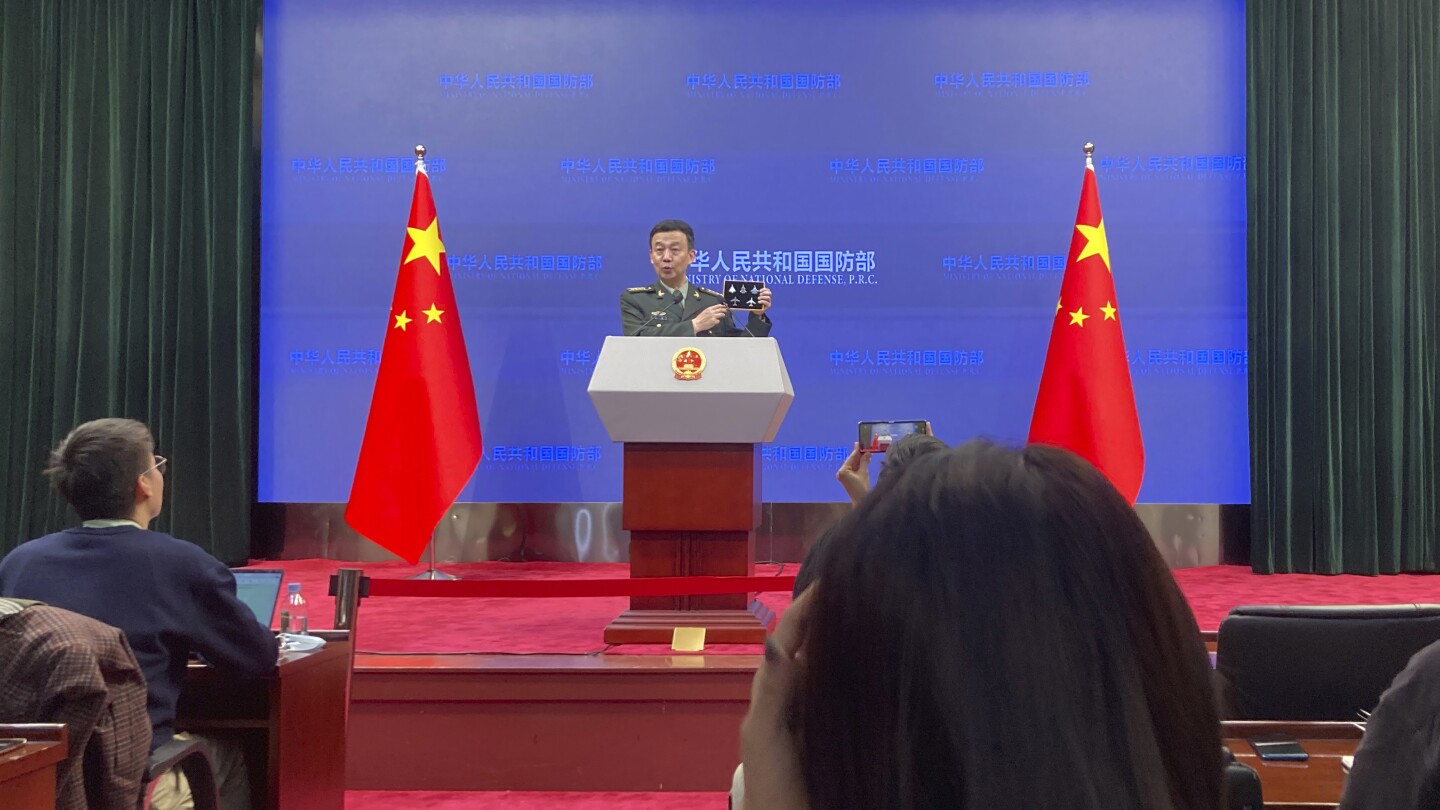Daniel Ellsberg, a US government analyst who became one of the most famous whistleblowers in world politics when he leaked the Pentagon Papers, has died. He was 92. His death was confirmed by his family on Friday.
In March, Ellsberg announced that he had inoperable pancreatic cancer. Saying he had been given three to six months to live, he said he had chosen not to undergo chemotherapy and had been assured of hospice care.
“I am not in any physical pain,” Ellsberg wrote, adding: “My cardiologist has given me license to abandon my salt-free diet of the last six years. This has improved my life dramatically: the pleasure of eating my favourite foods!”
The Pentagon Papers covered US policy in Vietnam between 1945 and 1967 and showed that successive administrations were aware the US could not win.
By the end of the war in 1975, more than 58,000 Americans were dead and 304,000 were wounded. Nearly 250,000 south Vietnamese soldiers were killed, as were around 1 million north Vietnamese soldiers and Viet Cong guerillas and more than 2 million civilians in north and south Vietnam, Laos and Cambodia.
The Pentagon Papers caused a sensation in 1971, when they were published – first by the New York Times and then by the Washington Post and other papers – after the supreme court overruled the Nixon administration on whether publication threatened national security.
In 2017, the story was retold in The Post, an Oscar-nominated film directed by Steven Spielberg in which Ellsberg was played by the British actor Matthew Rhys.
Ellsberg served in the US Marine Corps in the 1950s but went to Vietnam in the mid-60s as a civilian analyst for the defense department, conducting a study of counter-insurgency tactics. When he leaked the Pentagon Papers, he was working for the Rand Corporation.
In 2021, a half-century after he blew the whistle, he told the Guardian: “By two years in Vietnam, I was reporting very strongly that there was no prospect of progress of any kind so the war should not be continued. And that came to be the majority view of the American people before the Pentagon Papers came out.
“By ’68 with the Tet offensive, by ’69, most Americans already thought it was immoral to continue but that had no effect on [President Richard] Nixon. He thought he was going to try to win it and they would be happy once he’d won it, however long it took.”
In 1973, Ellsberg was put on trial. Charges of espionage, conspiracy and stealing government property adding up to a possible 115-year sentence were dismissed due to gross governmental misconduct, including a break-in at the office of Ellsberg’s psychiatrist, part of the gathering scandal which led to Nixon’s resignation in 1974.

Born in Chicago on 7 April 1931, Ellsberg was educated at Harvard and Cambridge, completing his PhD after serving as a marine. He was married twice and had two sons and a daughter.
After the end of the Vietnam war he became by his own description “a lecturer, scholar, writer and activist on the dangers of the nuclear era, wrongful US interventions and the urgent need for patriotic whistleblowing”.
Ellsberg contributed to publications including the Guardian and published four books, among them an autobiography, Secrets: A Memoir of Vietnam and the Pentagon Papers, and most recently The Doomsday Machine: Confessions of a Nuclear War Planner.
In recent years, he publicly supported Chelsea Manning, the US soldier who leaked records of the wars in Iraq and Afghanistan, and Edward Snowden, who leaked records concerning surveillance by the National Security Agency.
In 2018, in a joint Guardian interview with Snowden, Ellsberg paid tribute to those who refused to be drafted to fight in Vietnam.
“I would not have thought of doing what I did,” he said, “which I knew would risk prison for life, without the public example of young Americans going to prison to make a strong statement that the Vietnam war was wrong and they would not participate, even at the cost of their own freedom.
“Without them, there would have been no Pentagon Papers. Courage is contagious.”
Three years later, in an interview to mark 50 years since the publication of the Pentagon Papers, he said he “never regretted for a moment” his decision to leak.
His one regret, he said, was “that I didn’t release those documents much earlier when I think they would have been much more effective.
“I’ve often said to whistleblowers, ‘Don’t do what I did, don’t wait years till the bombs are falling and people have been dying.’”
#Daniel #Ellsberg #Pentagon #Papers #whistleblower #dies #aged #news

